As supply chain issues garner headlines around the world, the Daniel K. Inouye Asia-Pacific Center for Security Studies hosted a high-level workshop entitled “Building Collective Defense Industrial Base Resilience.” The two-day workshop was held in Honolulu January 18-19, 2024.
DKI APCSS used its convening powers to bring together allies and partners from around the world to share perspectives on defense industrial base challenges and opportunities for collaboration to overcome them.
According to workshop co-leads Captain Joshua Taylor and Dr. Bill Wieninger, “We are using lessons learned from Europe and the Indo-Pacific on building defense industrial resilience. During the workshop, we looked at key areas to expand interregional cooperation and identify some concrete lines of efforts.”
U.S. Assistant Secretary of (ASD) for Industrial Base Policy, Dr. Laura D. Taylor-Kale, opened the workshop with a recap of the new and first-ever National Defense Industrial Base Strategy (NDIS).
“This (workshop) is an important opportunity to be able to reach our international allies and partners,” said Dr. Taylor-Kale. “Defense production is part of a vast ecosystem. We need to work with our partners inside and outside of defense, especially in the Indo-Pacific, to realize the vision of the NDIS.”
Pacific Forum’s Dr. John Hemmings provided industry perspectives gained at their recent “Operationalizing Integration in the Indo-Pacific” conference.
ASD for Sustainment Christopher Lowman, set the stage for a second day by sharing an overview of the U.S. Regional Sustainment Framework and its priorities, which include coordination with allies and partners as well as industry.
Principal Deputy Assistant Secretary of Defense for Indo-Pacific Affairs, Mr. Jed Royal, moderated a panel on Overcoming Inhibitors to Collaboration. The panel included senior officials from the Department of State, Department of Commerce, and Department of Defense – highlighting the criticality of interagency coordination in the Defense Industrial Base.
Partner nation presentations were made by representatives from Australia, Germany, Italy, Japan, Korea and the UK. One attendee stated that collaboration between nations for international defense was critical, and another found the presentations enlightening and hoped the group would continue these discussions in the future.
“Rebuilding the defence industrial base is not an option; it is an essential foundation of deterrence in an increasingly dangerous world,” said Raquel Garbers, Director General Strategic Defence Policy in Canada’s Department of National Defense and DKI APCSS alum. “DKI APCSS has broken ground in helping us start the conversation – nobody else could have provided the trusted leadership that made it possible for all of us to come together and get it going.”
The 38 workshop participants came from Australia, Canada, France, Germany, India, Indonesia, Italy, Japan, the Republic of Korea, Lithuania, Singapore, Sweden, Thailand, the United Kingdom, and the United States.
“We are working closely with allies and partners across the Indo-Pacific and beyond to build a more dynamic, innovative, resilient, and productive defense industrial base, said Mr. Royal at the conclusion of the workshop. “DKI APCSS brought together government officials from the United States and its allies and partners to share their perspectives about challenges and solutions. More than ever, defense industrial base cooperation is a key part of our shared regional vision for peace, stability, and prosperity in a free and open Indo-Pacific.”
DKI APCSS Director Pete Gumataotao added that “DKI APCSS was honored to host this much needed Defense Industrial Base workshop on behalf of Dr. Ratner and the ASD IPSA team who partnered with other US government officials such as ASD for Industrial Base Policy and ASD for Sustainment. The timing of having our senior government officials meet with their Allies and Partners counterparts underscores the need to go beyond just understanding this complex issue and to develop collaborative solutions that drive towards a more resilient and responsive Industrial Base.”
The next opportunity for these discussions to continue at DKI APCSS will be the Maluhia 2024 workshop. This event will be by invitation only.
Related links:
- The National Defense Industrial Strategy (NDIS) – https://www.businessdefense.gov/NDIS.html
- Pentagon restarts meetings to implement new Industrial Strategy – https://www.defensenews.com/pentagon/2024/01/17/pentagon-restarts-meetings-to-implement-new-industrial-strategy/
- Collaboration is the key to implementing DoD’s Industrial Base Strategy (DIBS) –https://www.defense.gov/News/News-Stories/Article/Article/3646541/collaboration-is-key-to-implementing-dod-industrial-base-strategy/
- GOVERNMENT PERSPECTIVE: The Role of Logistics, Sustainment in Integrated Deterrence –https://www.nationaldefensemagazine.org/articles/2024/1/18/government-perspective-the-role-of-logistics-sustainment-in-integrated-deterrence



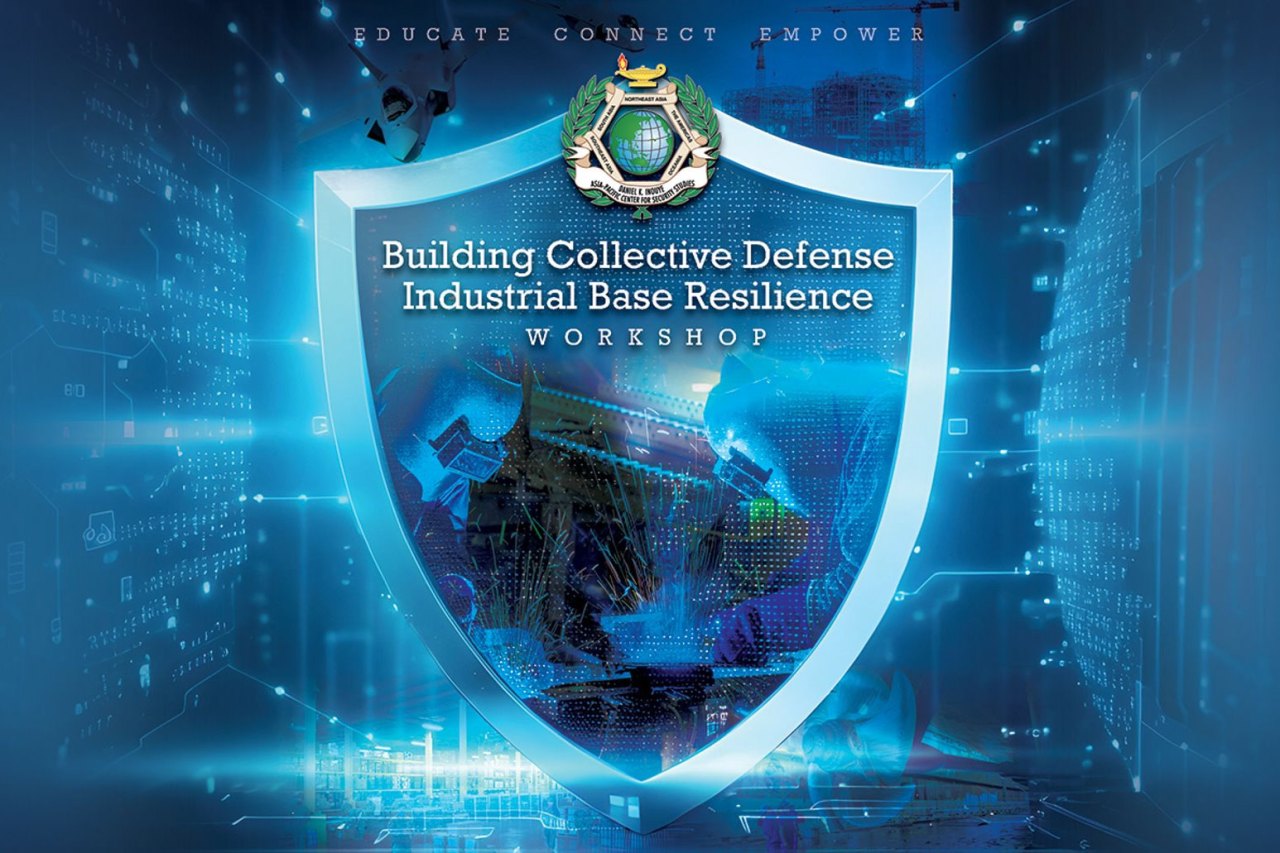
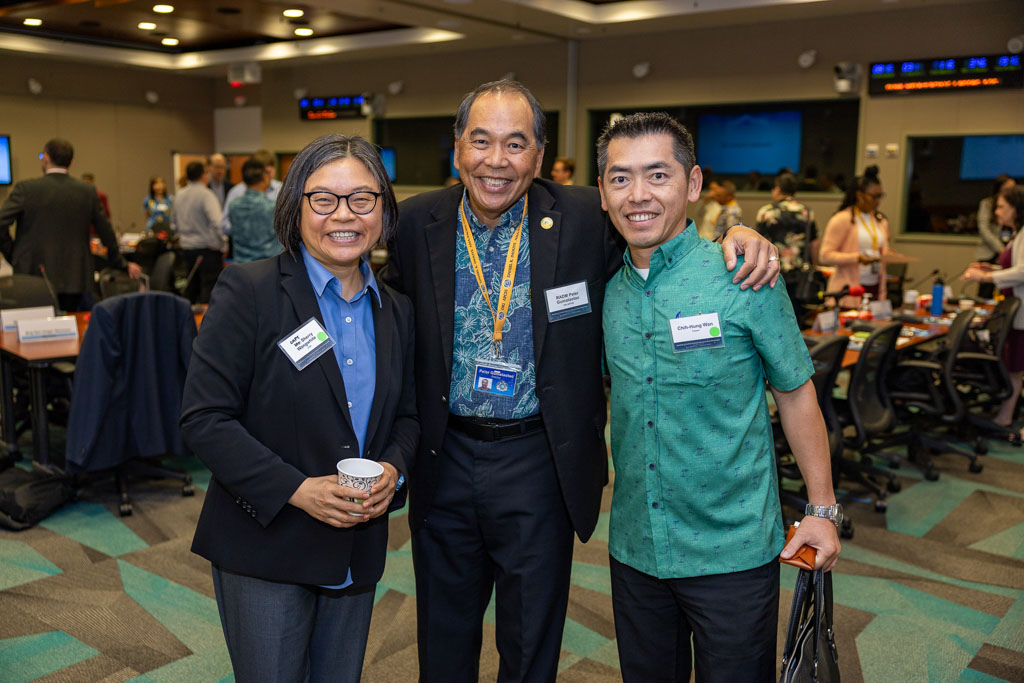
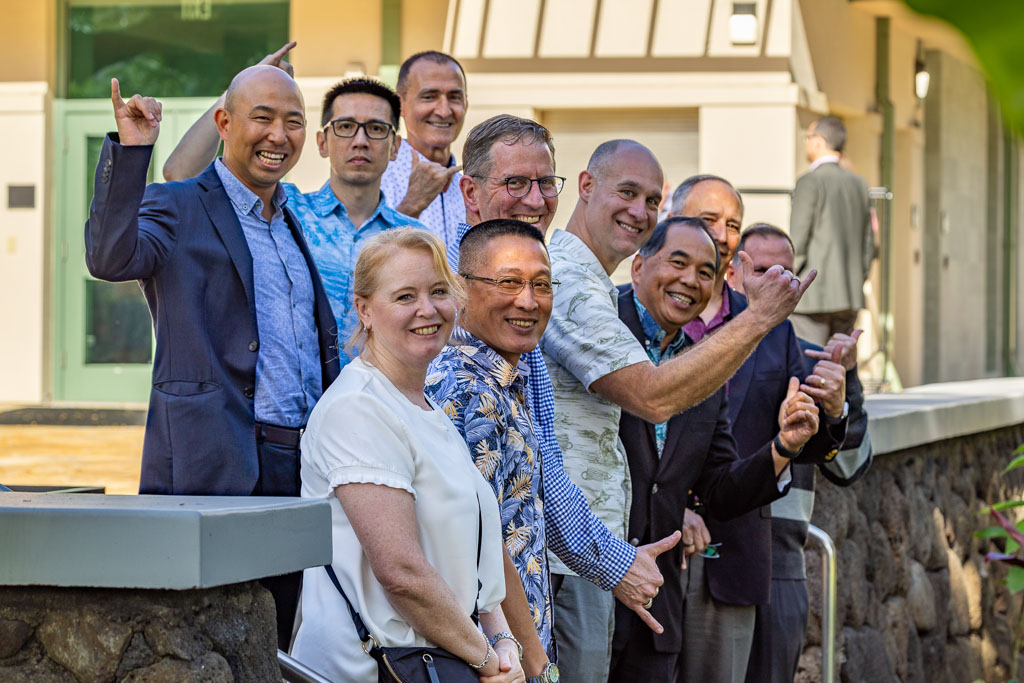
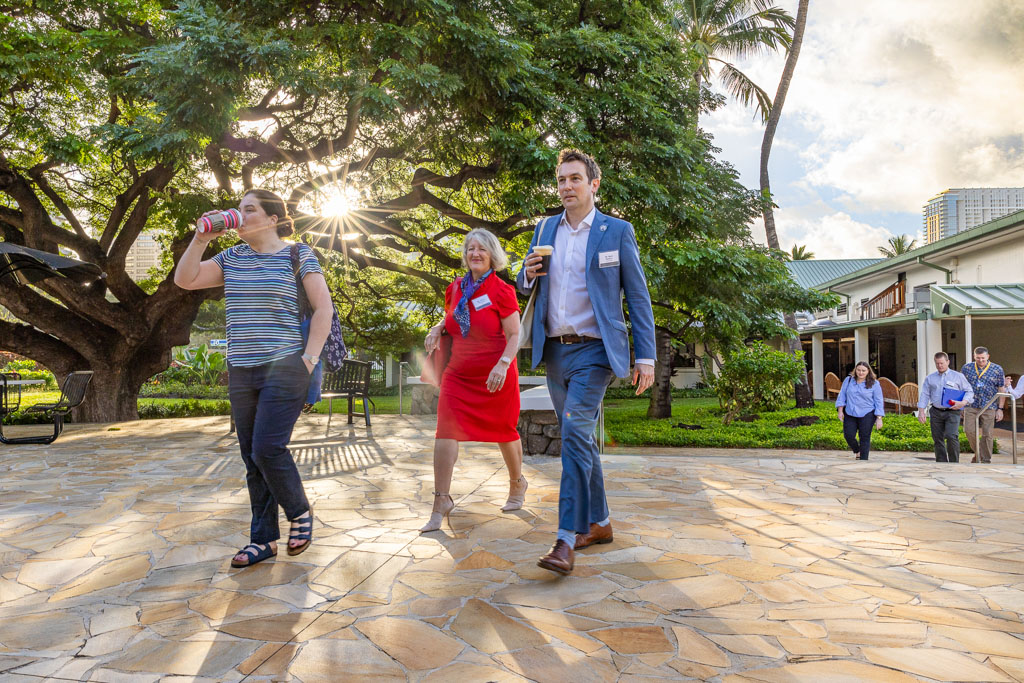
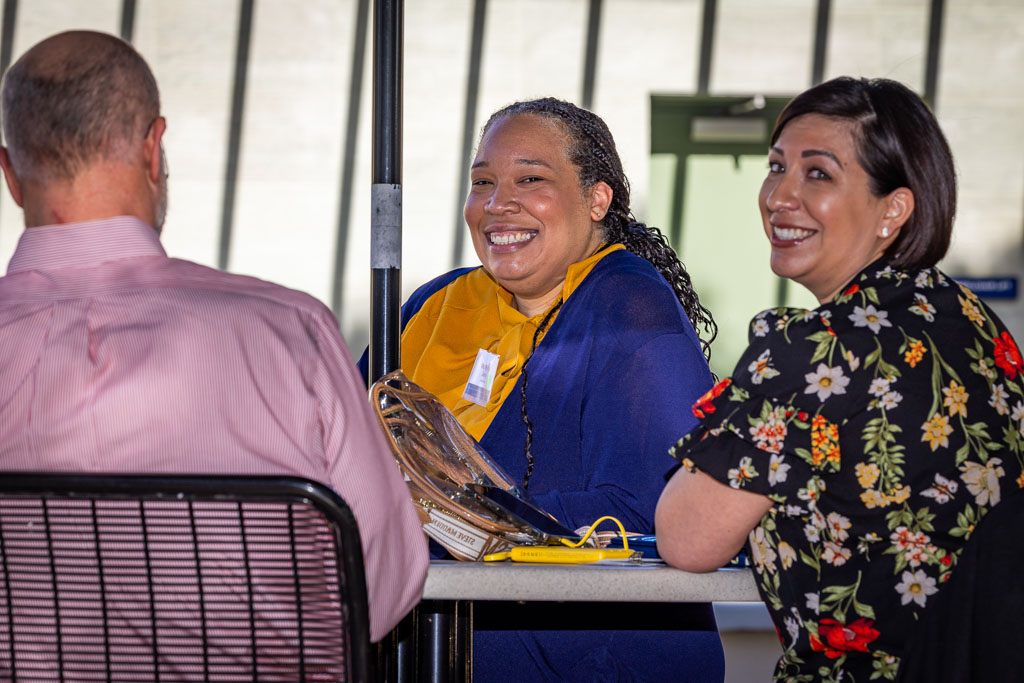


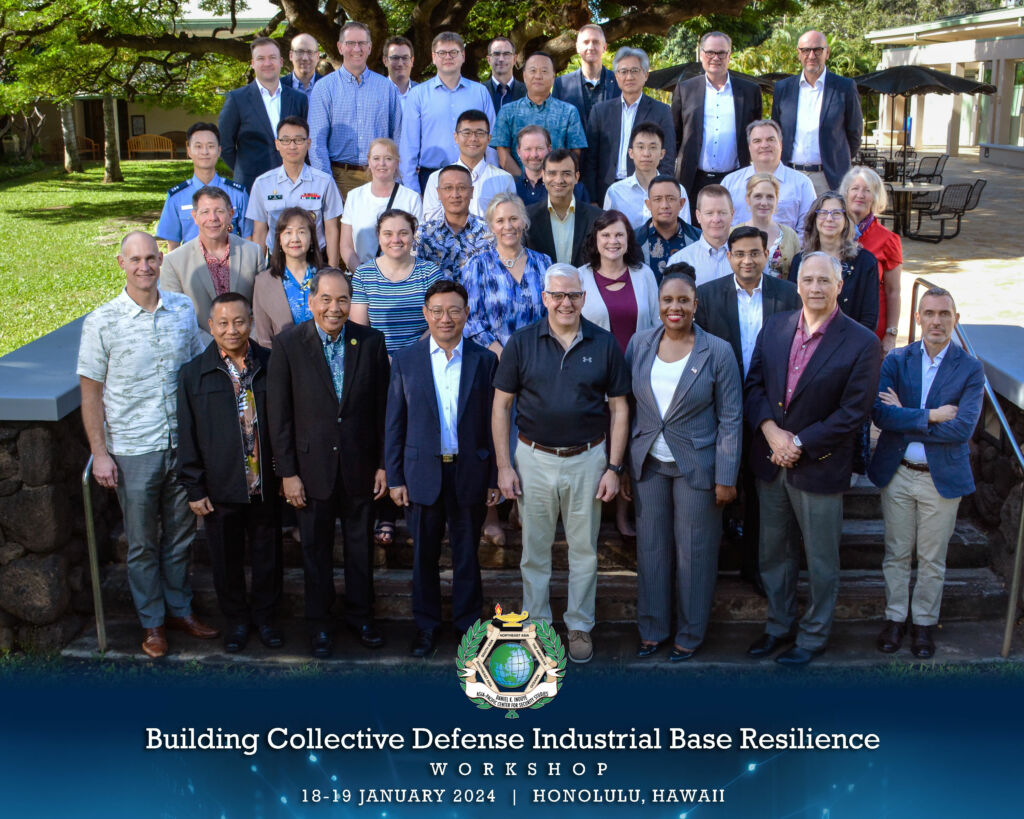

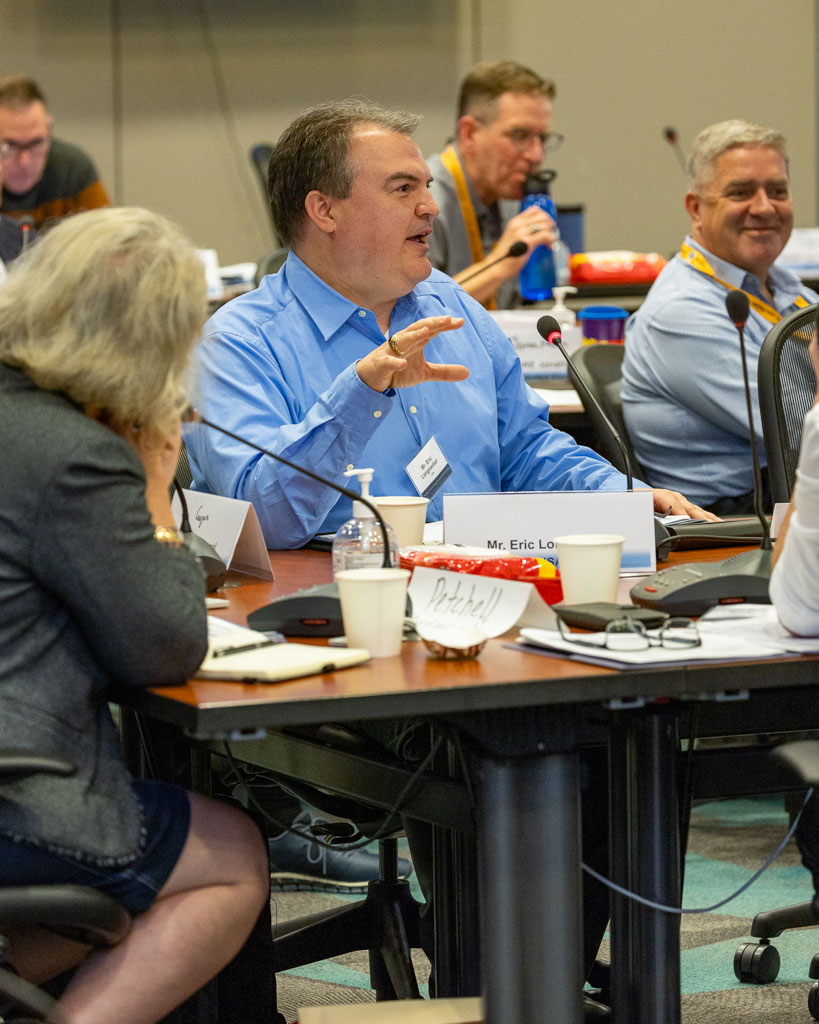

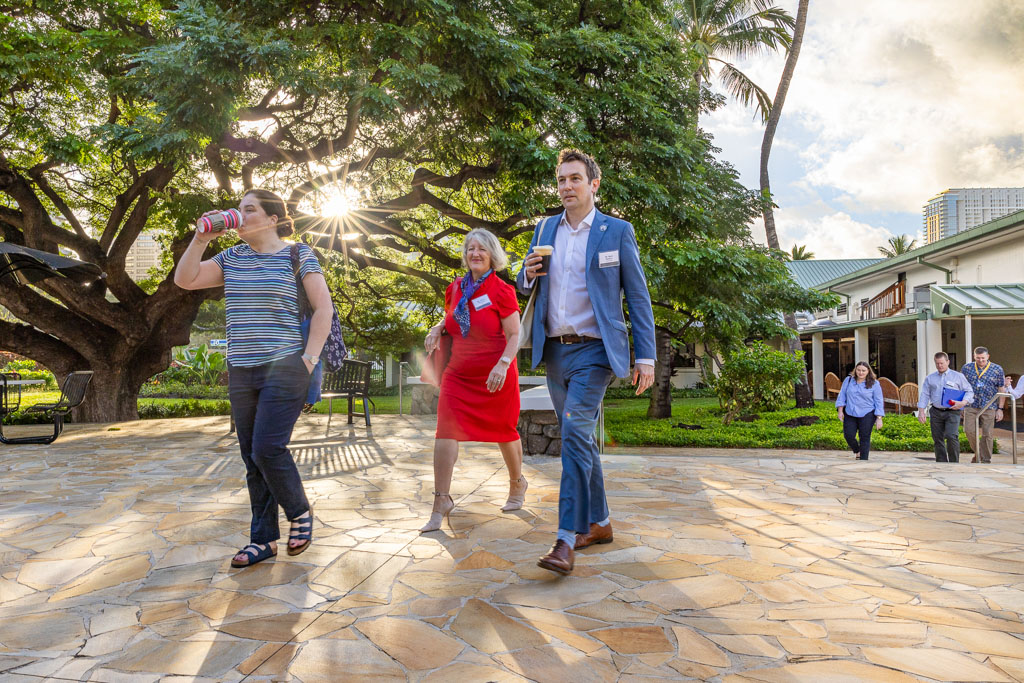
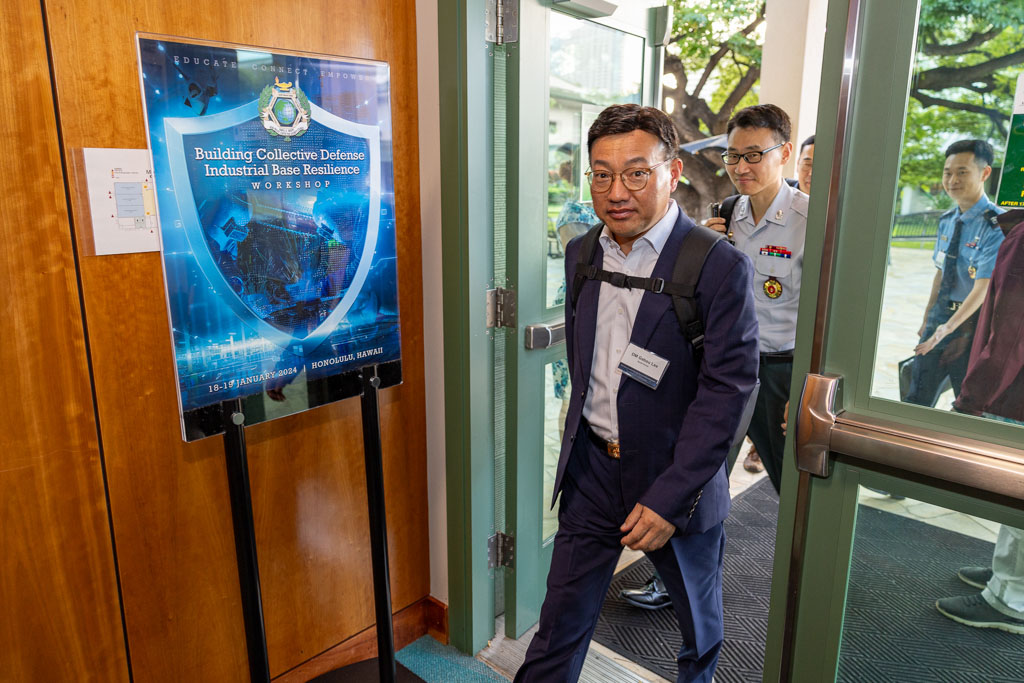
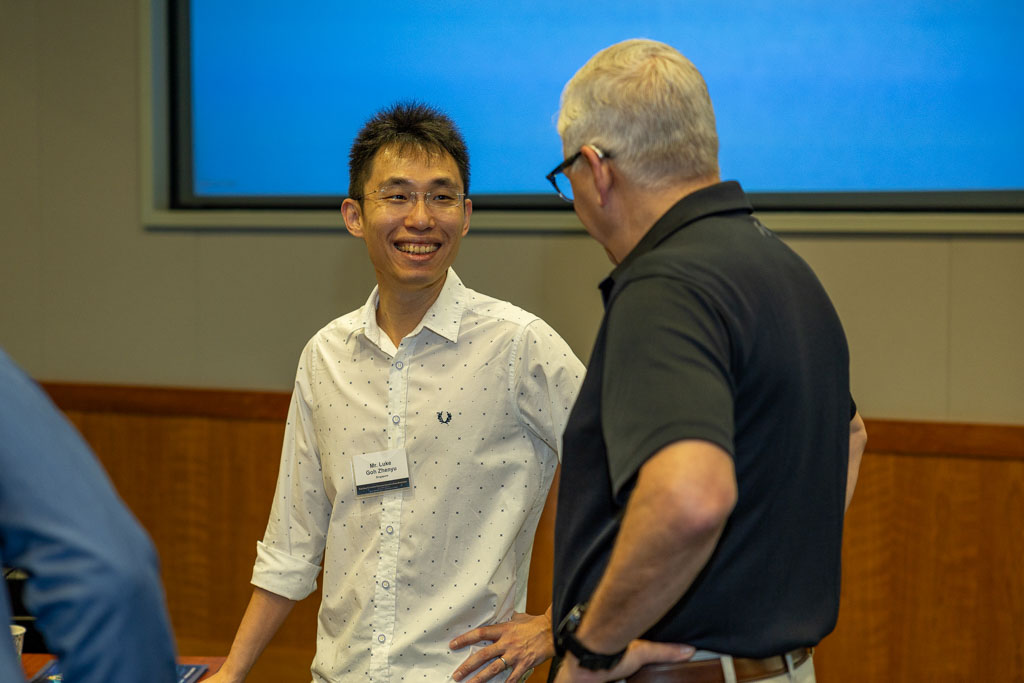
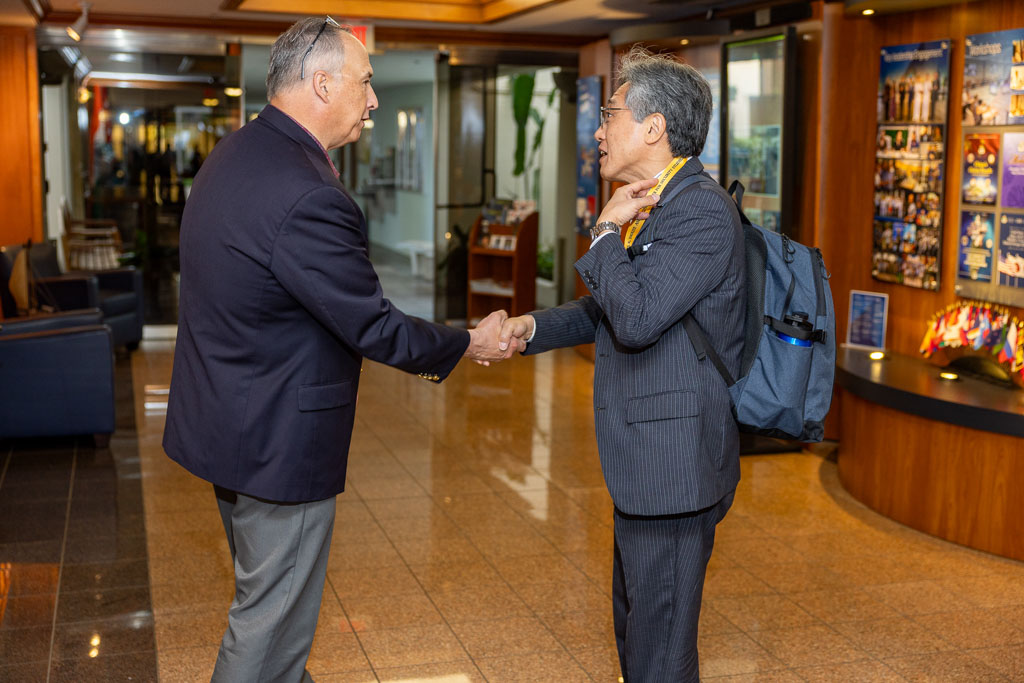
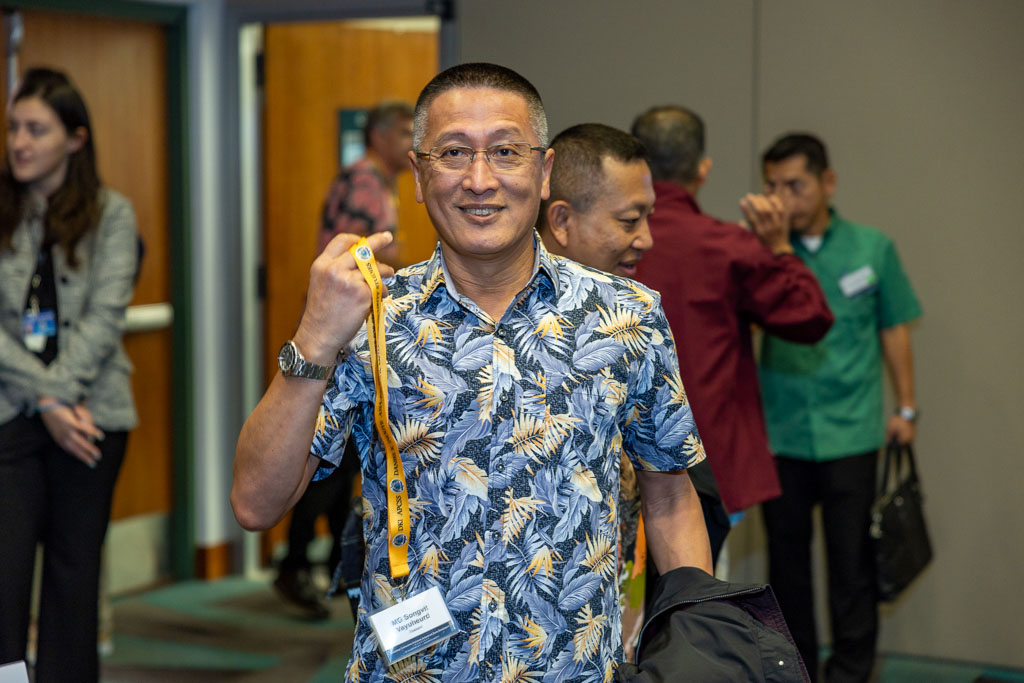

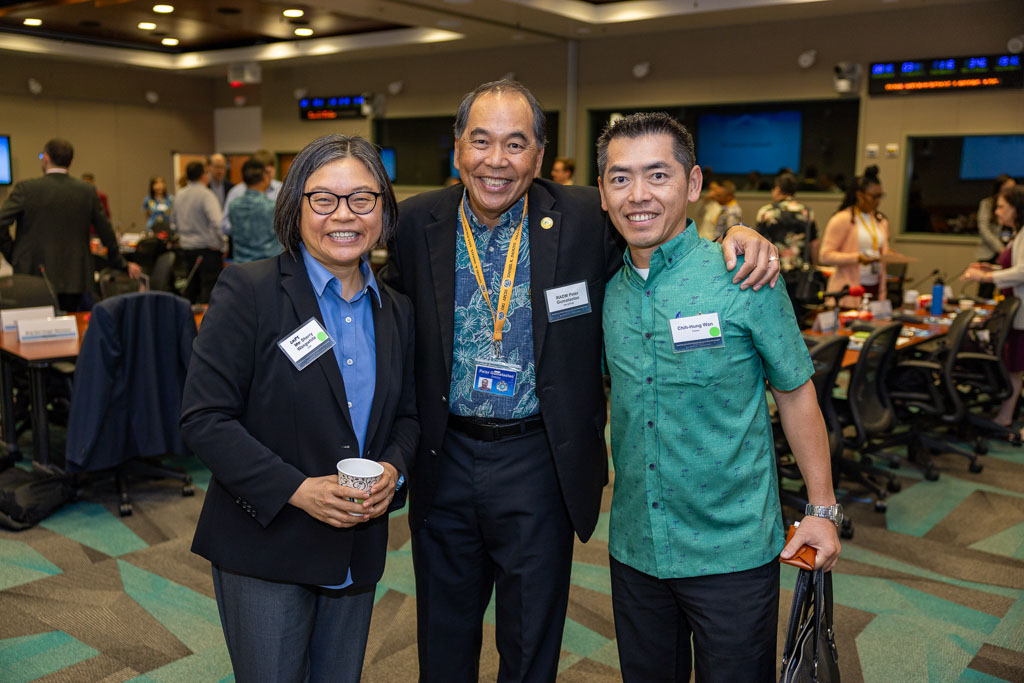
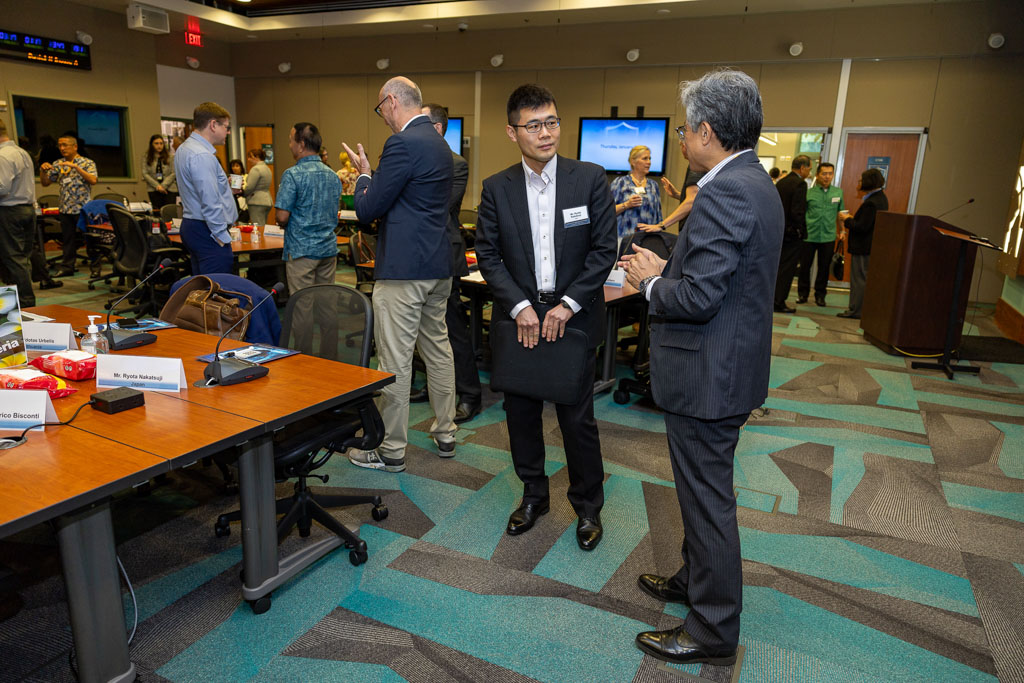

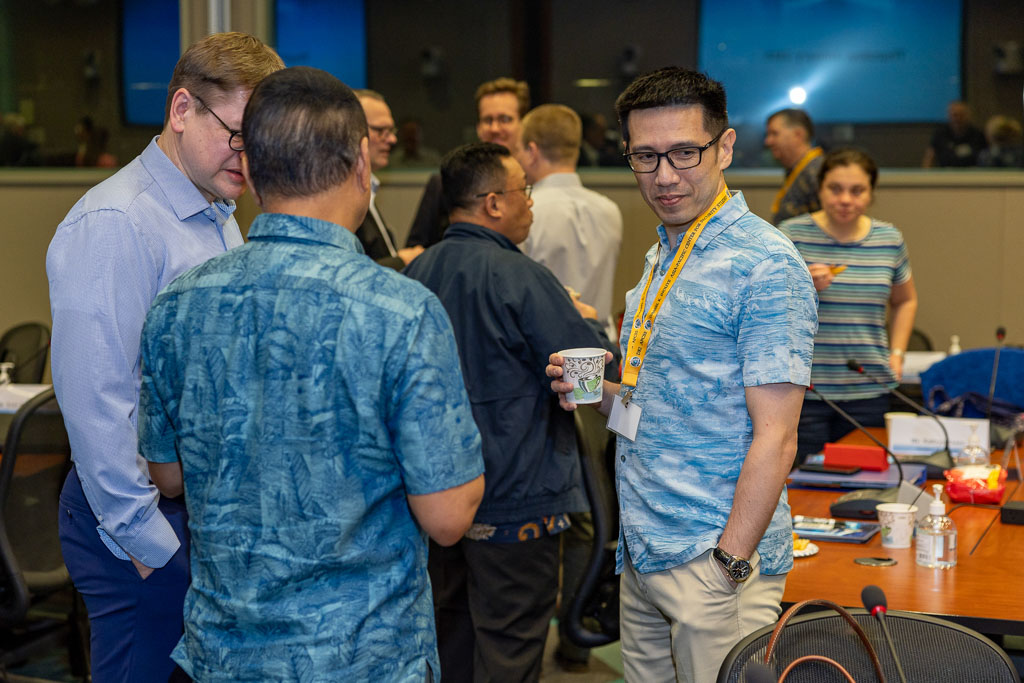
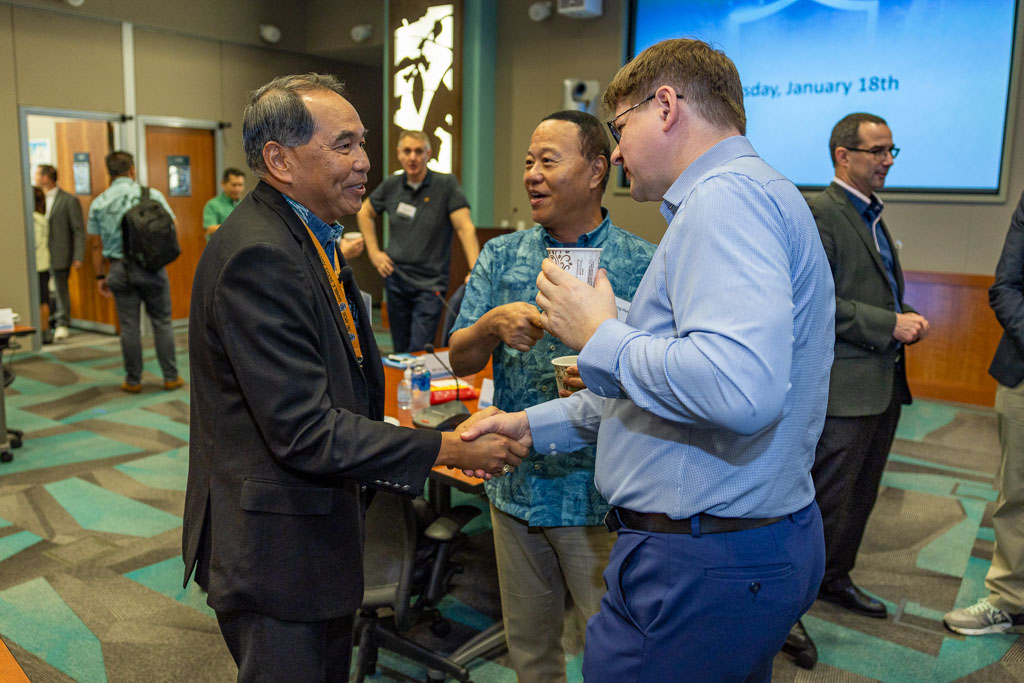
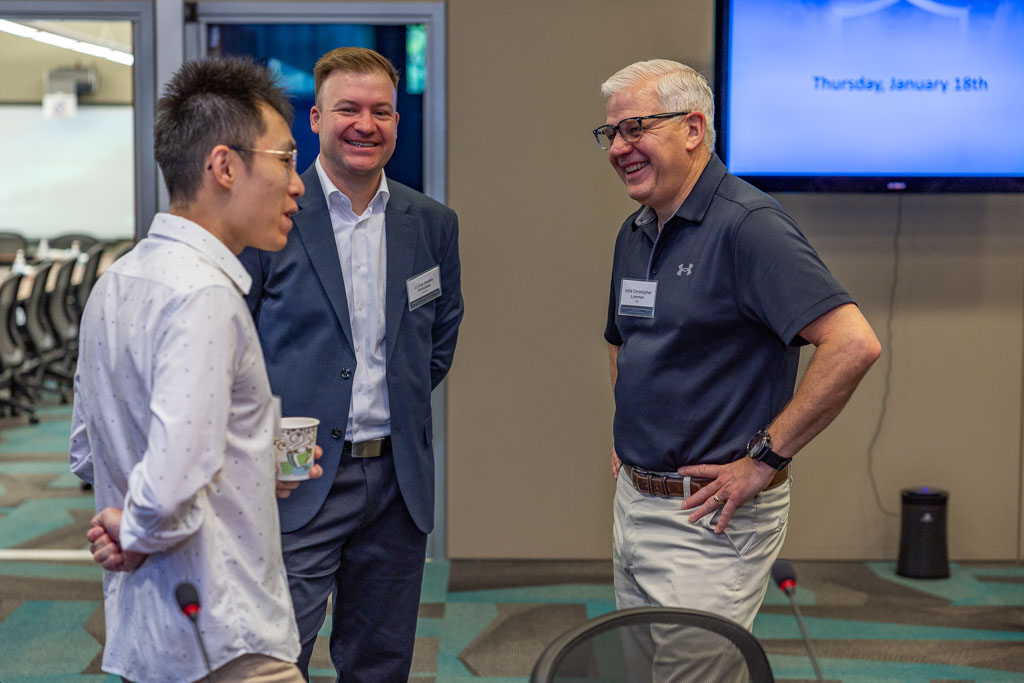
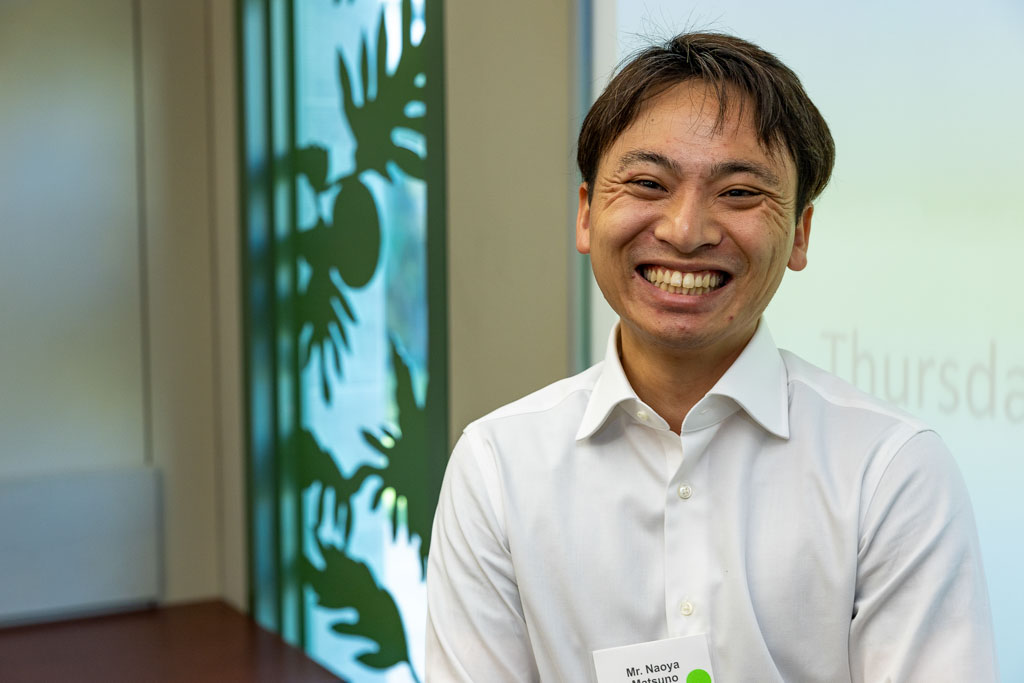
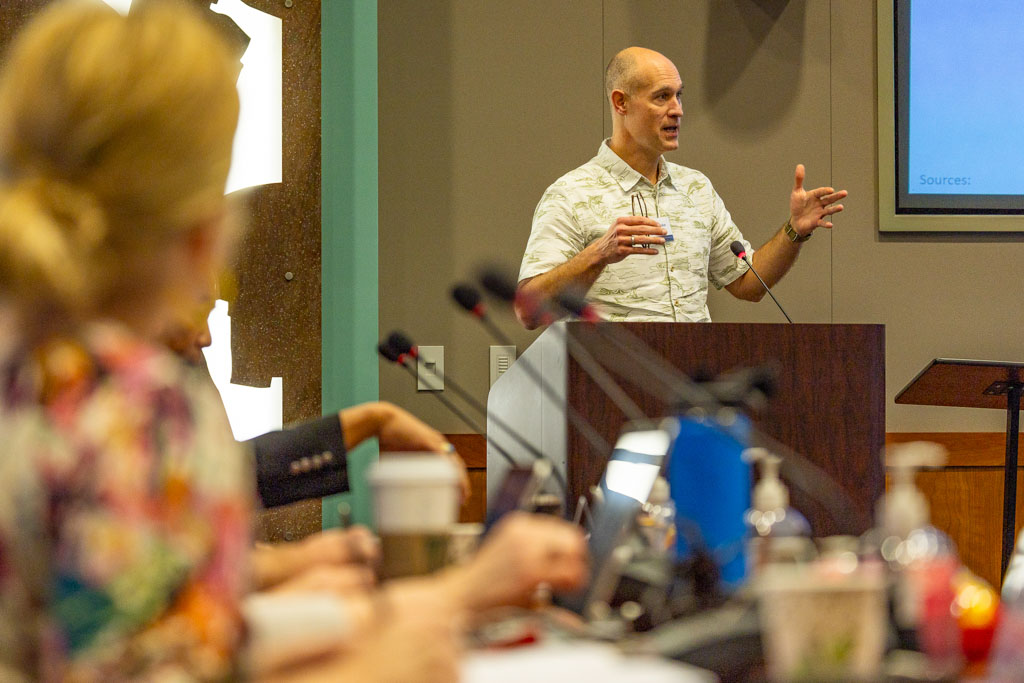


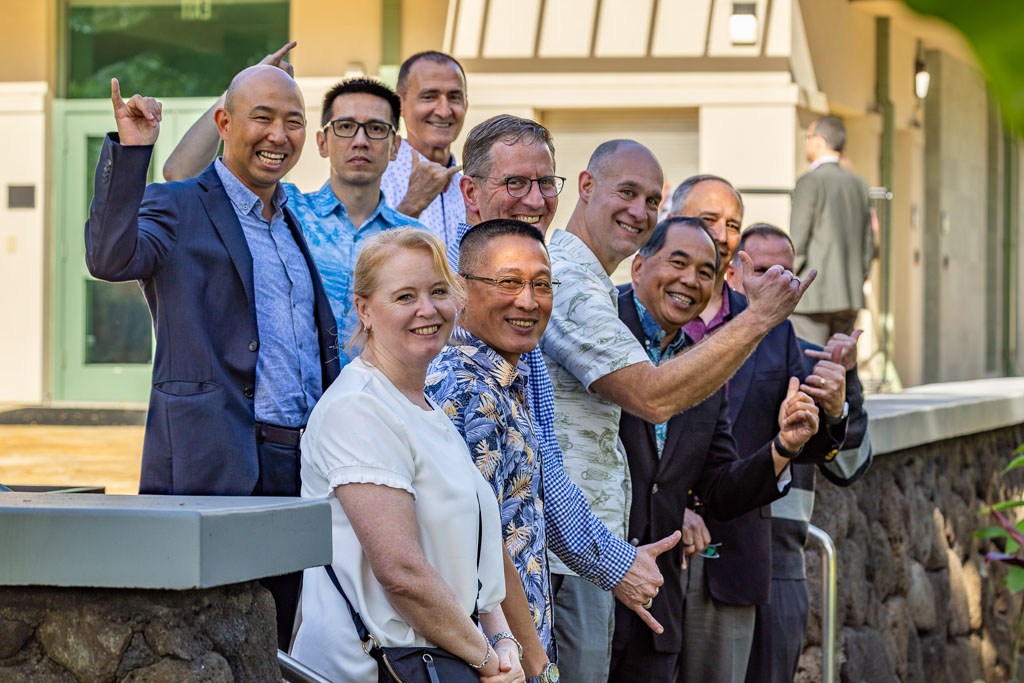
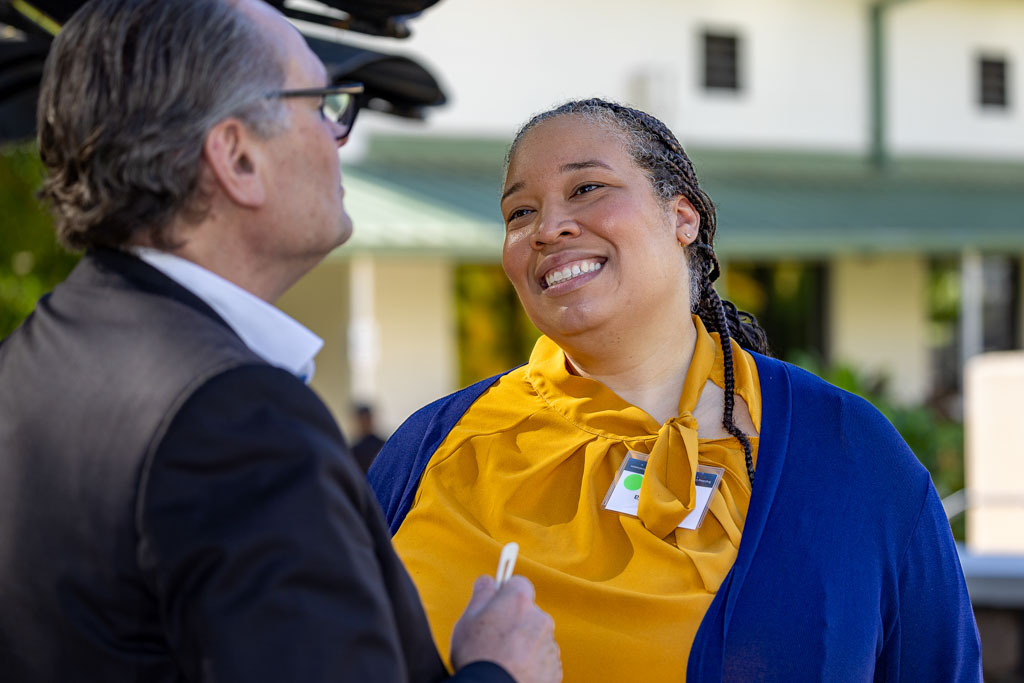
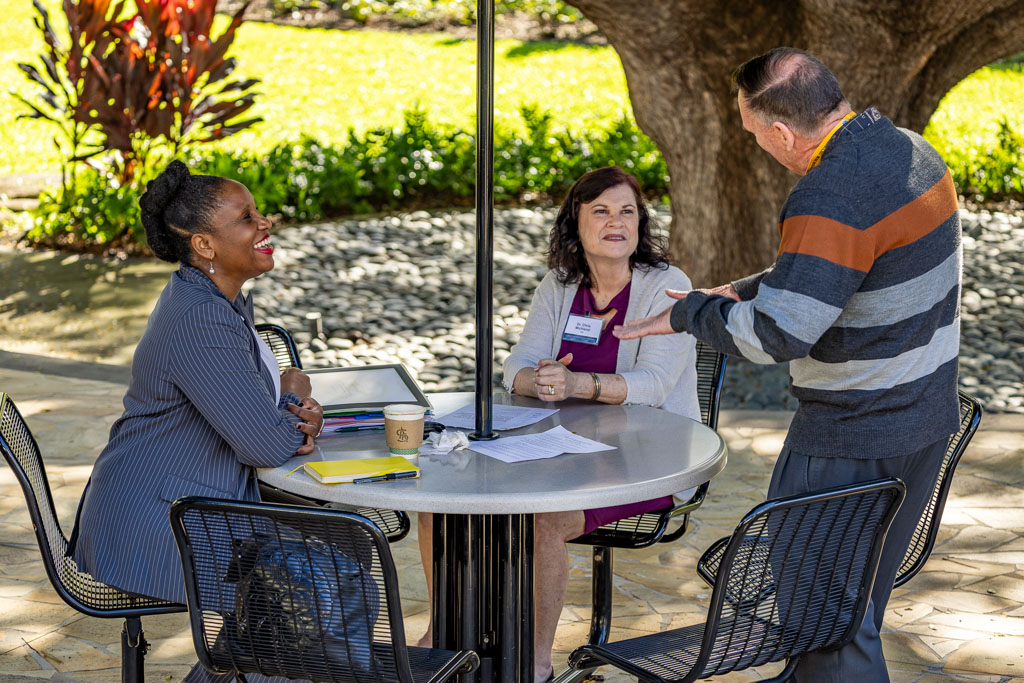
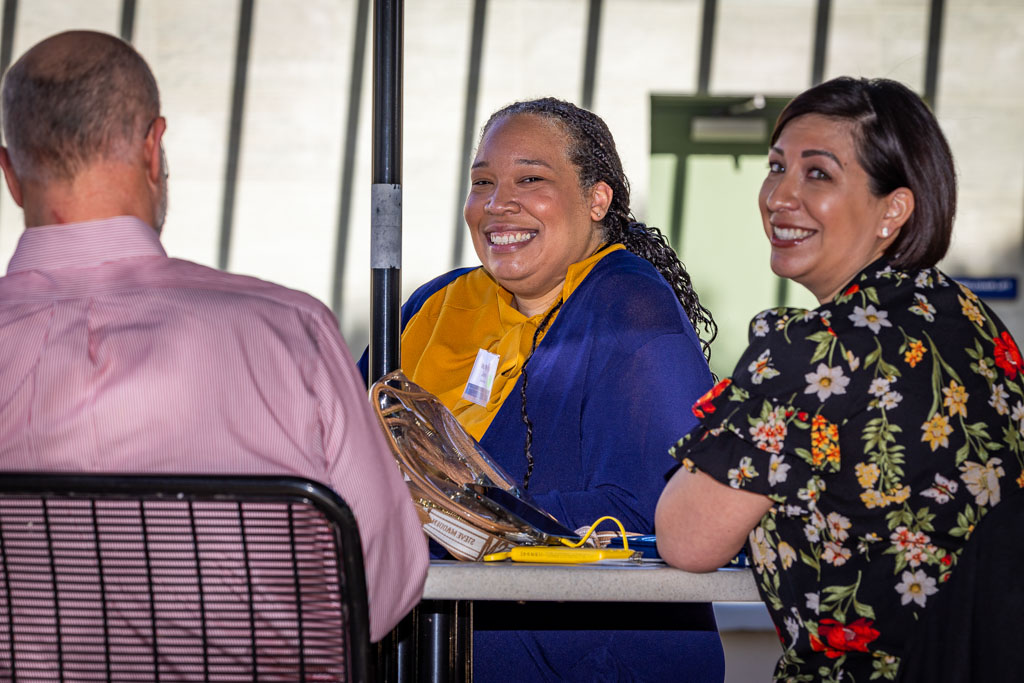
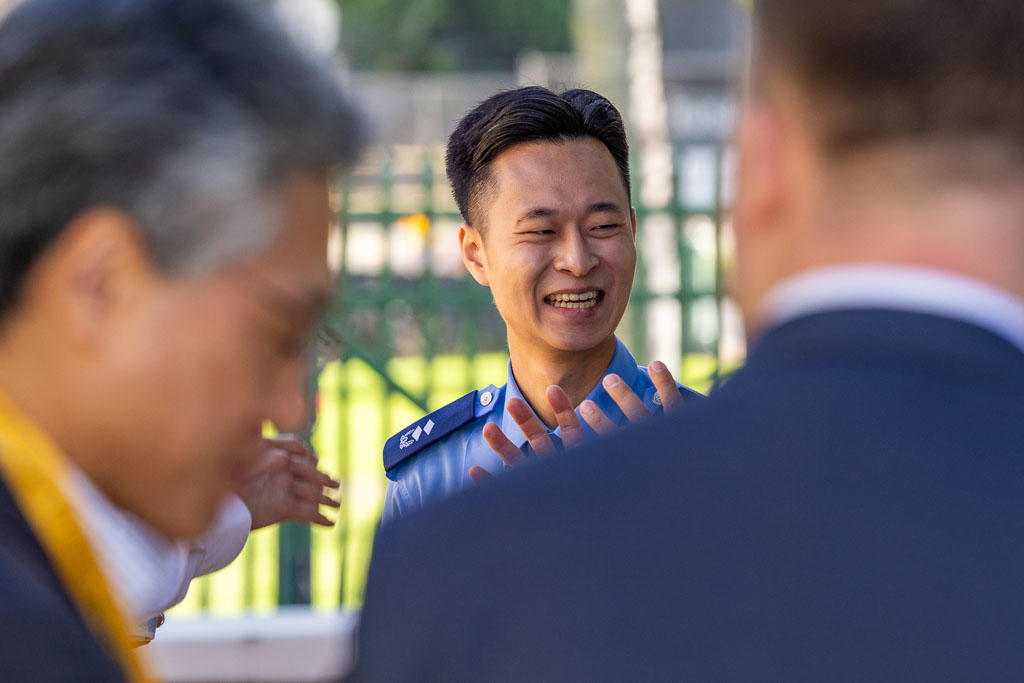
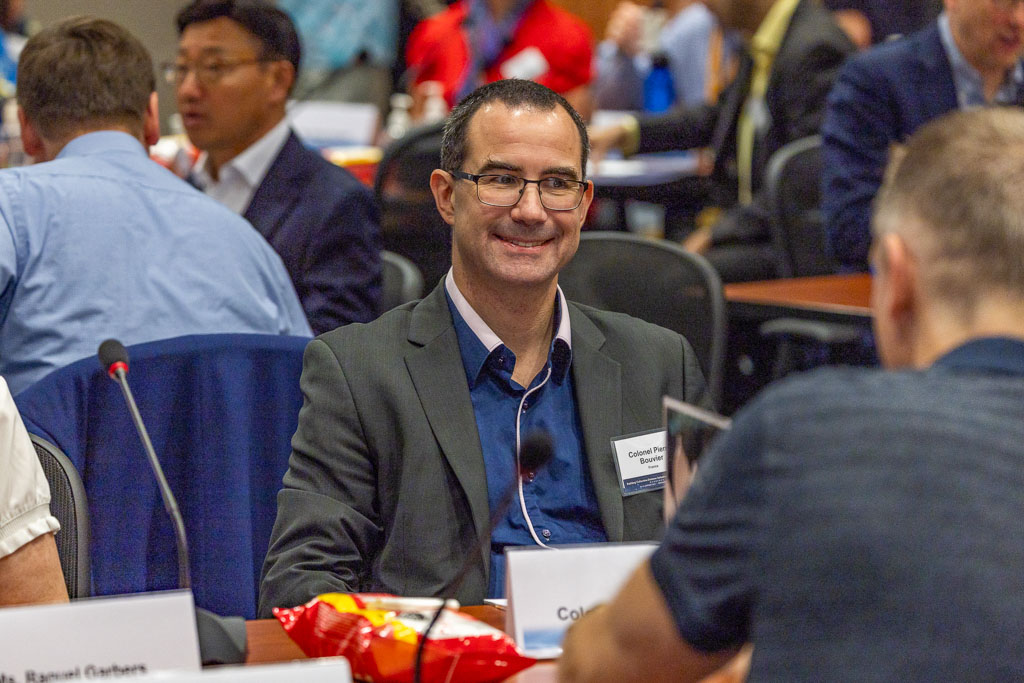
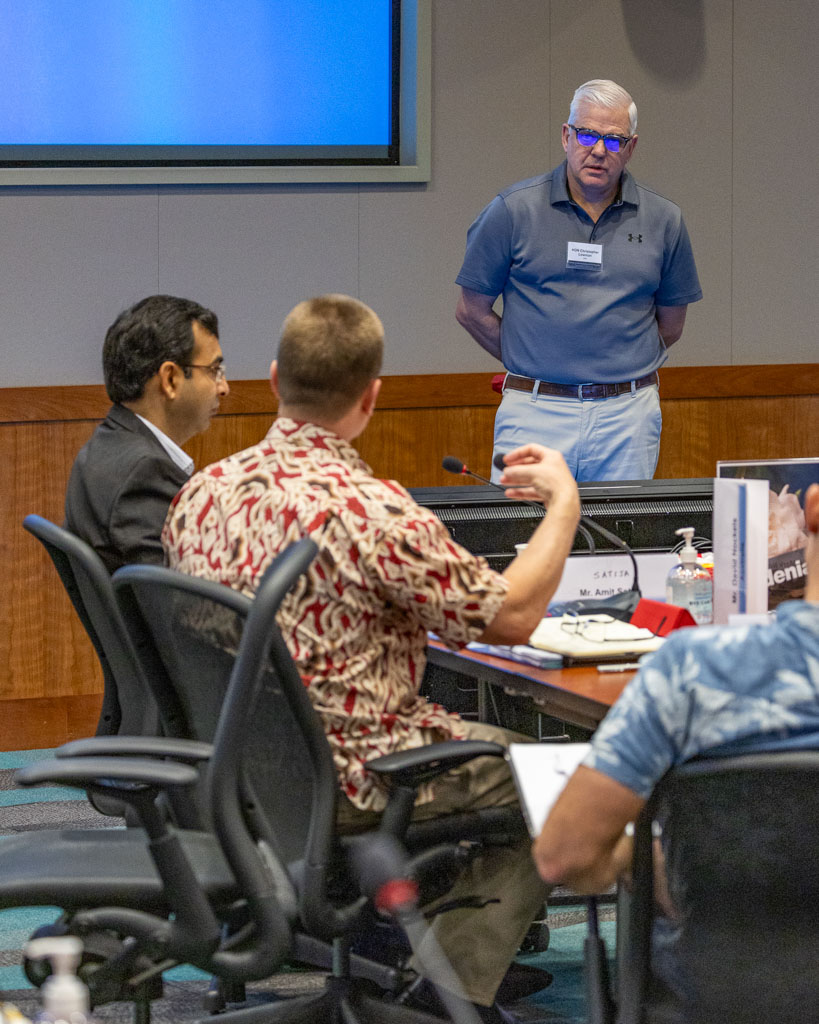
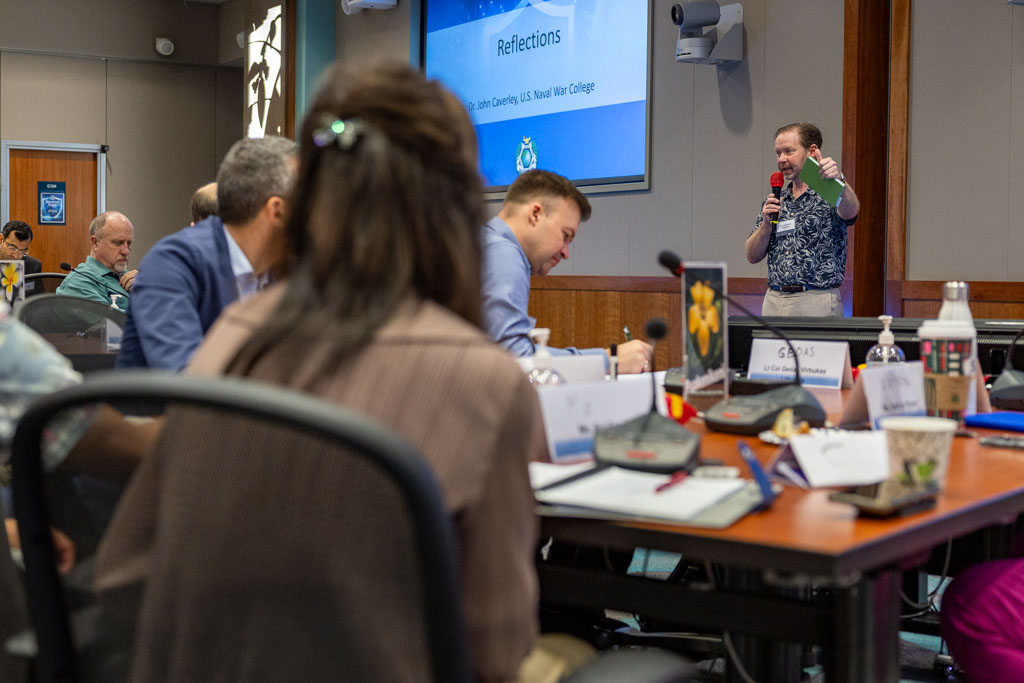


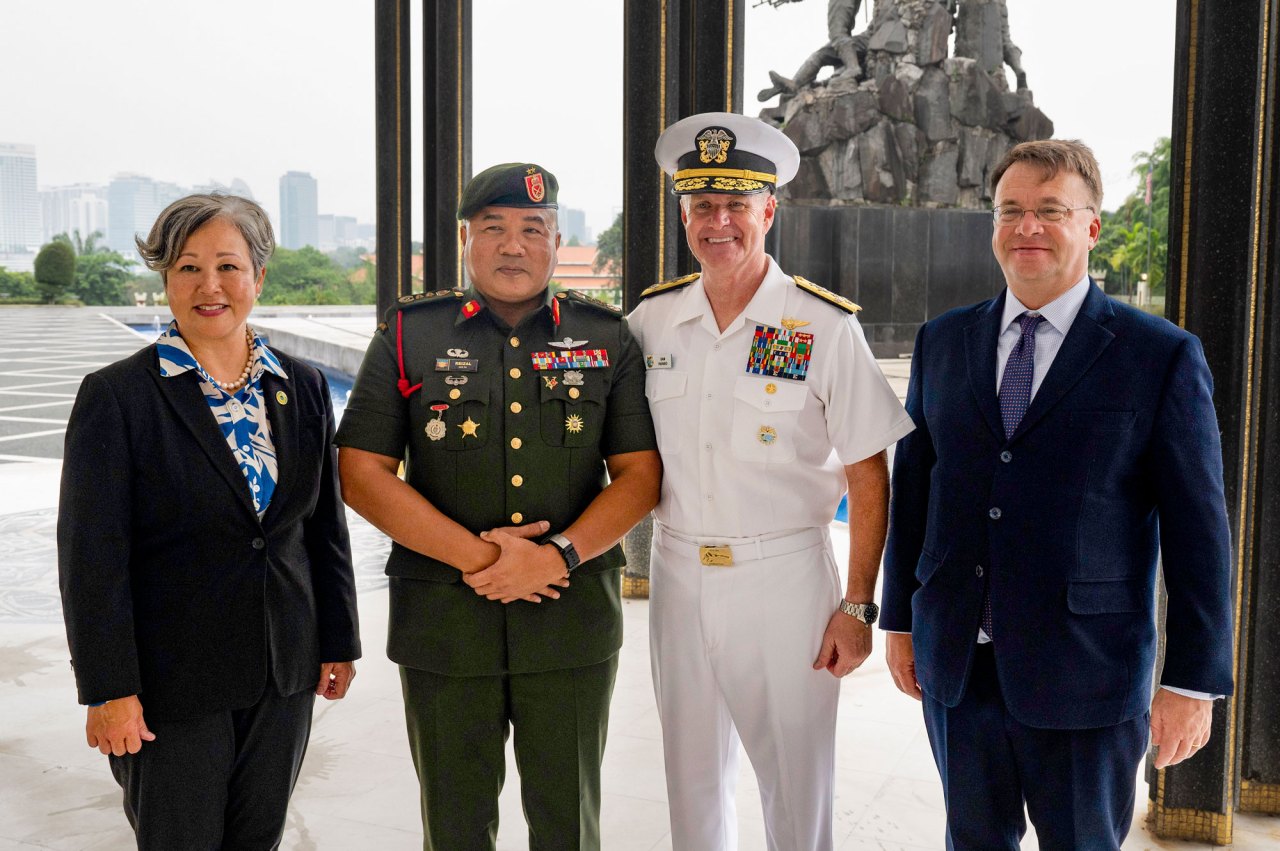




Leave A Comment